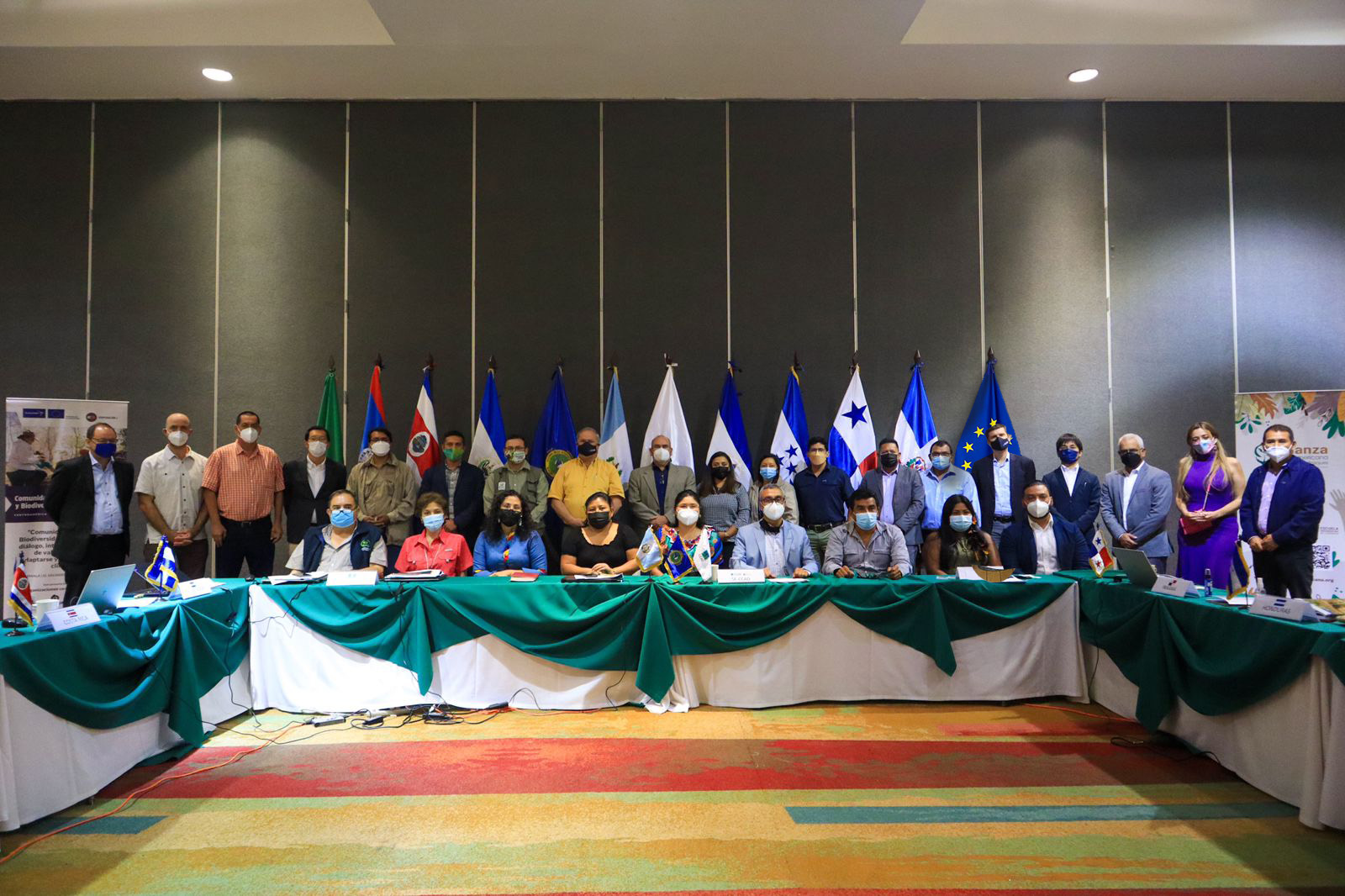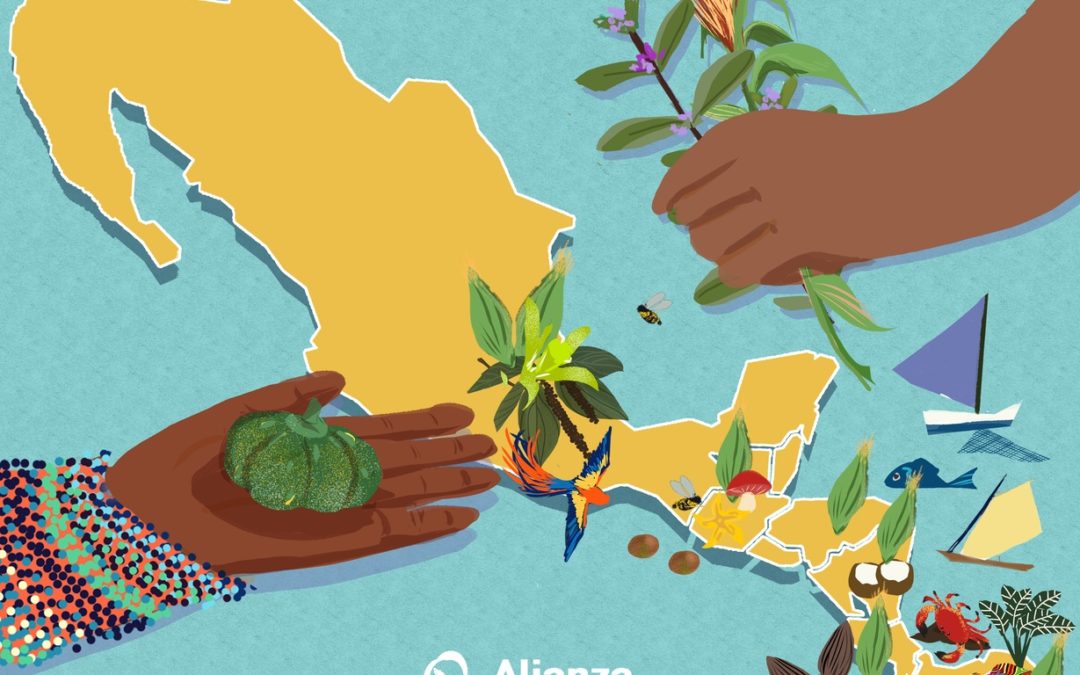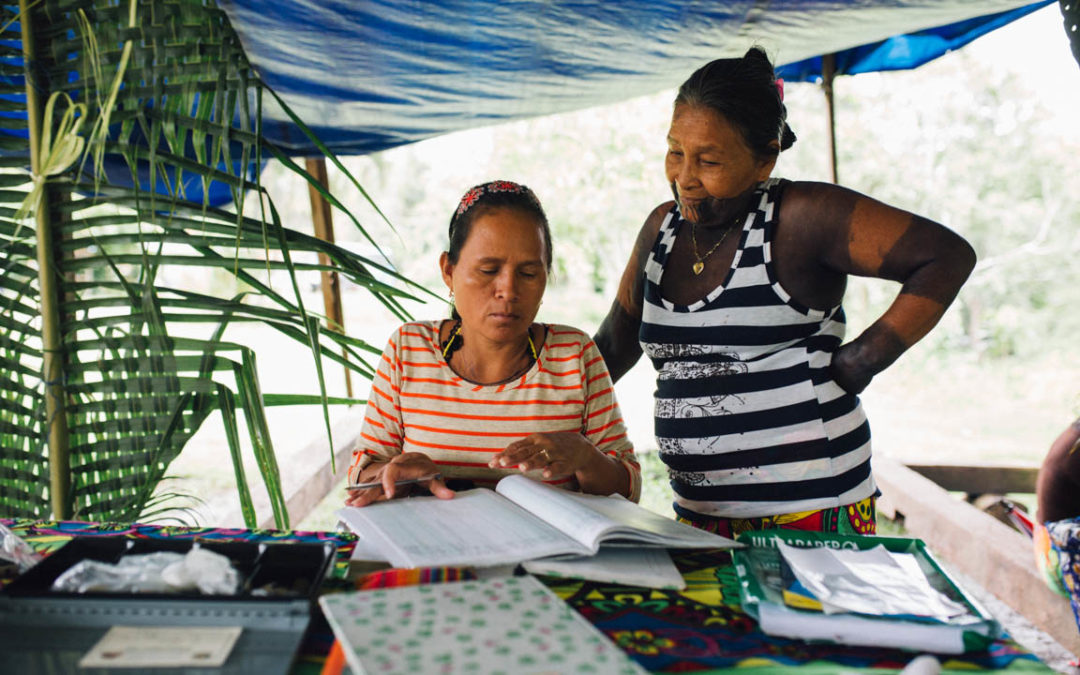The Mesoamerican Alliance of Peoples and Forests (AMPB), together with the Central American Commission on Environment and Development (CCAD) and its Technical Committee on Forests and Sustainable Landscapes, held the Regional Dialogue: “Community Forestry Agenda in Mesoamérica, Opportunities, and Challenges”, to consolidate the exercise of forest governance in the region and thus find new ways to address the mitigating factors of deforestation and strengthen the resilience of indigenous peoples after the impact of the pandemic.
The event discussed topics such as territorial rights of community forests in Mesoamerica; strategic public policies to strengthen governance processes and community forestry in the new post-COVID context in indigenous territories; medium-term objectives aligned with the Nationally Determined Contributions (NDCs) and the Sustainable Development Goals (SDGs) for the conservation and sustainable use of tropical forests in the Mesoamerican region; the resilience of indigenous peoples and their forests to the effects of climate change and post-COVID pandemic effects and variants.
As part of the dialogue, an agreement was reached to create a joint AMPB-CCAD working committee to lead the agenda on sustainable forests and landscapes and to work jointly towards the organization of the Fifth Mesoamerican Community Forestry Congress.
The activity included presentations by Levi Sucre, coordinator of the AMPB; Deborah Sanchez, coordinator of Forest, Climate and Biodiversity of AMPB; Mario Escobedo, of the Executive Secretariat of the Central American Commission for Environment and Development (SE- CCAD), Andrew Davis, Researcher of PRISMA Foundation, Jeremy Radachowsky of Wildlife Conservation Society (WCS) and Marvin Centeno, consultant of AMPB.
In addition, this dialogue included the participation of representatives from:
– Mexican Network of Forest Peasant Organizations (MOCAF Network),
– Association of Forestry Communities of the Petén (ACOFOP),
– National Alliance of Forestry Organizations of Guatemala (ANOFOG),
– Federation of Agroforestry Producers of Honduras (FEPROAH),
– General Emberá Wounan Congress (CGEW),
– Central American Commission for Environment and Development (SE- CCAD),
– Representatives of the Forestry Committee of CCAD,
– PRISMA Foundation, ICCO Cooperation, Wildlife Conservation Society (WCS),
– Carlos Blandon of the Indigenous Foundation FSC
– Evelia Martinez EUROCLIMA+ Focal Point
– Jan Bock, Director Green Development Fund/ REDD+ Landscape of GIZ
This kind of meeting allows, through dialogue, territorial rights and forest governance to contribute to improving the conditions for the defense of forest land ownership, promoting respect, access, and use of natural resources and promoting institutional involvement and support.
Current Situation
Despite the significant contribution of indigenous peoples and forest communities, their direct influence on climate balance, biodiversity protection, water production and food security, from the environmental and economic point of view in the region, they are groups that are facing and containing great territorial pressures such as extreme weather events, colonization by drug trafficking and organized crime and more recently the incidence of the pandemic.
The living conditions of the most vulnerable indigenous groups or people in the countryside could be seriously threatened by the effects of climate change, as they are highly dependent on natural resources for their livelihoods and cultural identity. This is why, both for governments and regional and international strategies, it is highly strategic to strengthen the territorial governance systems of communities to improve resilience and climate adaptation capacity, territorial control to contain illicit groups and strengthen local production systems for food security and income generation.



